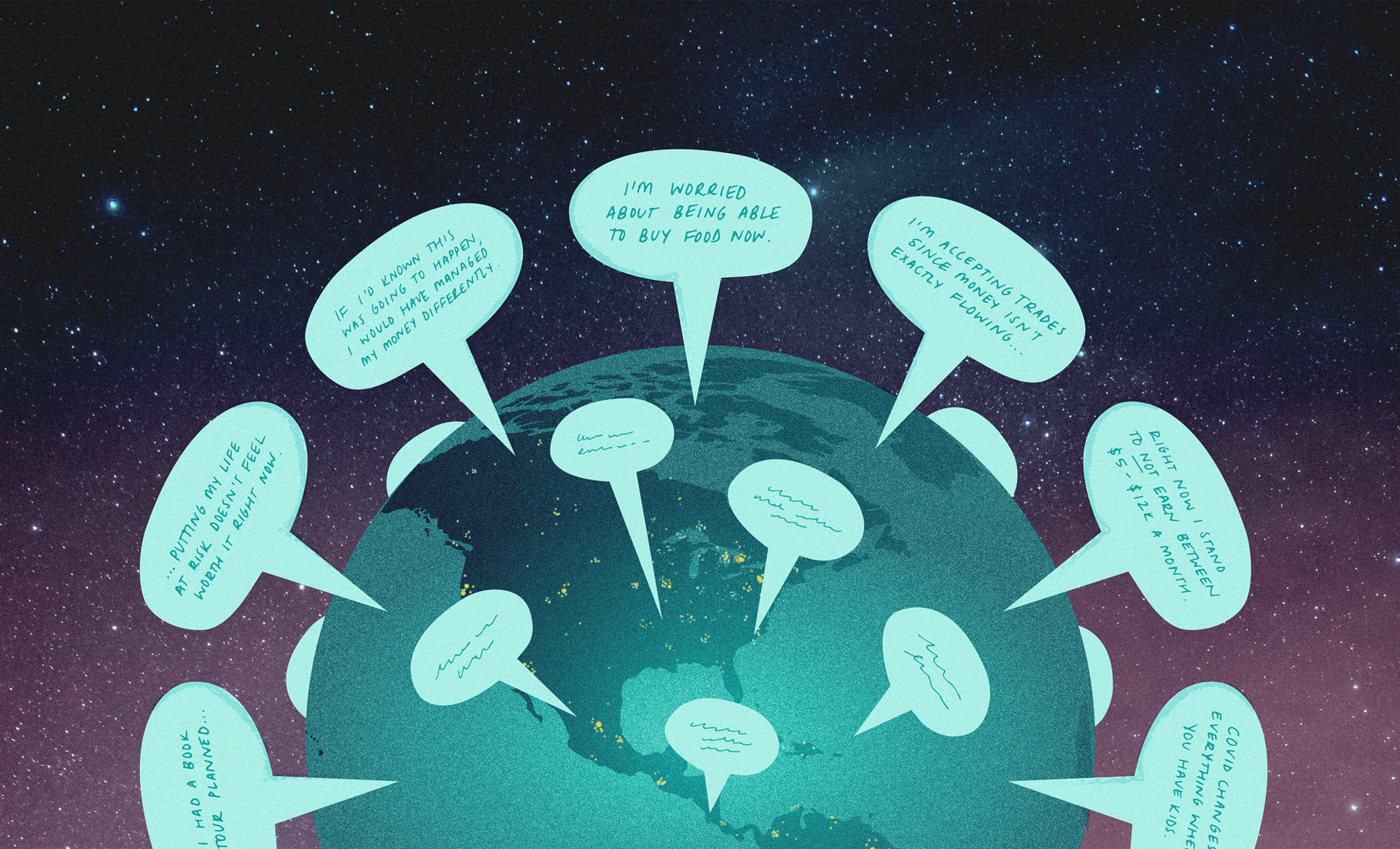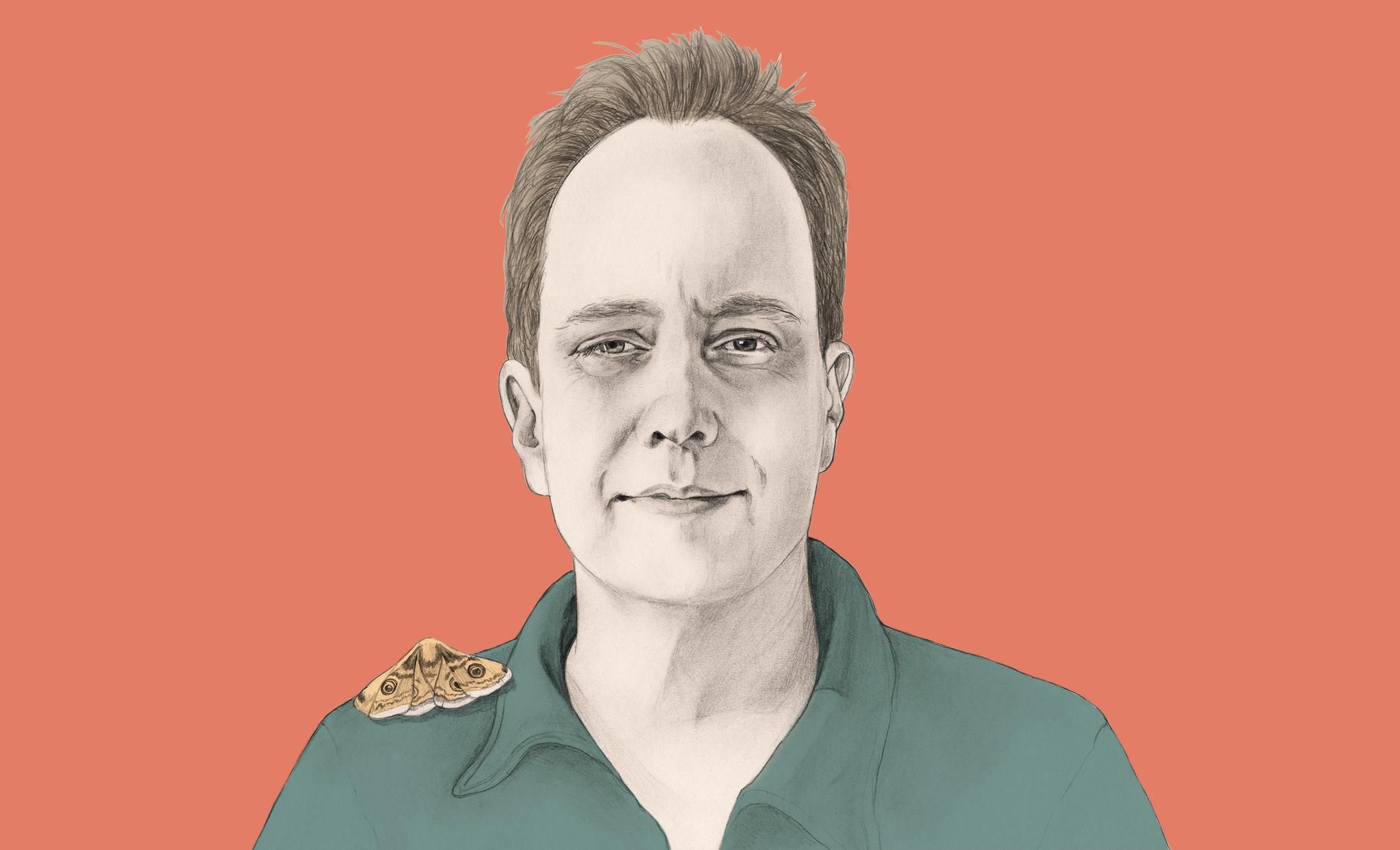
Money Diaries
Creator of The Moth Radio Hour Worries When He Makes Too Much Money
Jay Allison, the public radio pioneer and one of the original voices on All Things Considered and This American Life, tells us how begging for money can be the perfect revenue model.
Wealthsimple makes powerful financial tools to help you grow and manage your money. Learn more
Wealthsimple is a whole new kind of investing service. This is the latest installment of our recurring series “Money Diaries,” where we ask interesting people to open up about the role money has played in their lives.
It seemed to me that my father hated his job. He’d often drag himself to work in the morning and drag himself home at night. He was a stockbroker. He liked some of the people he worked with, but I’d hear him talk about his work as unrewarding.
My parents had cocktail glasses that said, “Commandment 11 — Thou shalt not invade thy principle.” Money was at the center of things in my family. But it was also something that could not be talked about. I loved and respected my father, and truly appreciated that we never struggled financially, but I sometimes wondered if things might be better without such a focus on money.
I grew up in Delaware. On both sides of my family, the men worked in finance. One grandfather was also a stockbroker, the other a trust banker. My father was an interesting character — in a way, he’s the one who got me into radio. He was a natural Master of Ceremonies kind of guy, and he’d often gather the whole family and tape us on an old reel-to-reel recorder, like we were making a family radio show with himself as the host. Though he worked in finance, he was deeply creative, and kind of an inventor — a closeted artist.
Of course, even as my father and grandfathers grumbled about their work lives, they were also grooming me to take their place and do the exact same thing.
It’s sort of a perfect economy — an honor system. And I think people are starting to realize that quality journalism relies on consumers willing to pay for it.

Sign up for our weekly non-boring newsletter about money, markets, and more.
By providing your email, you are consenting to receive communications from Wealthsimple Media Inc. Visit our Privacy Policy for more info, or contact us at privacy@wealthsimple.com or 80 Spadina Ave., Toronto, ON.
Children learn in all different ways, and sometimes they learn by negative example. I knew there was an expectation that I’d follow in their footsteps, but I knew I wanted something different, to find some other way to organize meaning in my life that wasn’t around money. But it was clear to me that if I went off on my own path, I couldn’t ask them to support me.
I went into college as an Engineering Major and came out with a Theater degree. This was 1973. My family didn’t love me any less, but they clearly thought I was making a foolish choice. But I’d bought into a sort of ‘60s Peace Corps-style idealism. I wondered, “What does wealth have to do with personal fulfillment, with happiness, with a well-chosen path through life?” My goals were to devote my life to some kind of service for other people, and feel excited to get up every day because of the value of what I was doing. It was the Watergate Era, and journalism had a bright, shiny sheen on it — a sense of nobility. But mostly, my passion then was for experimental theater. I moved to Washington, D.C. and worked for the Arena Stage Company, and then with some friends ran a little storefront theater at 12th and G Street. I directed oddball plays. Performed in others. I lived in a shared basement, broke and happy. An experimental theater guy once said, “Experimental theater lives outside of the economy of supply and demand. There’s no demand. There’s only supply.”
It’s easy to romanticize being broke and happy, when it’s not always all it’s cracked up to be, but this really was a time of vibrant creativity. All of things that I had bristled against as a kid — people who were well off but not all that happy with their work — well, I was living a lifestyle that was completely the opposite.
My pal Keith Talbot had started working at some new outfit called National Public Radio, which most of us had barely heard of. Keith loaned me a tape recorder, a reel-to-reel Sony 800B, and it was like a match sparking a bonfire. I’d take the recorder and hang out in a tattoo parlor and interview people. I’d go into back hollows in West Virginia and talk to people living off the grid who’d lived there all their lives, going to one-room schoolhouses. You’ve got to imagine — at this point, not everyone had been interviewed already. People I talked to were utterly open and sincere. I had no idea what I was doing, but I just carried my recorder with me wherever I went and asked people about their lives. Often, I asked people about their most difficult times. Their stories were heartbreaking and revelatory. This was a new era of field recording, since we could carry reasonably-priced, battery-driven recorders over our shoulders and no longer needed to be harnessed to some giant machine in a studio. The voices I began collecting were voices that had never really been on the radio.
If you find yourself doing unsatisfying work again and again and again just for the paycheck, then it’s a problem.
My pieces were broadcast on a fledgling NPR show called All Things Considered. My microphone was like a magic wand. I could go anywhere in the world and find out about anything, ask people whatever I felt most curious about, and weave it into a story. It was amazing!
Recommended for you
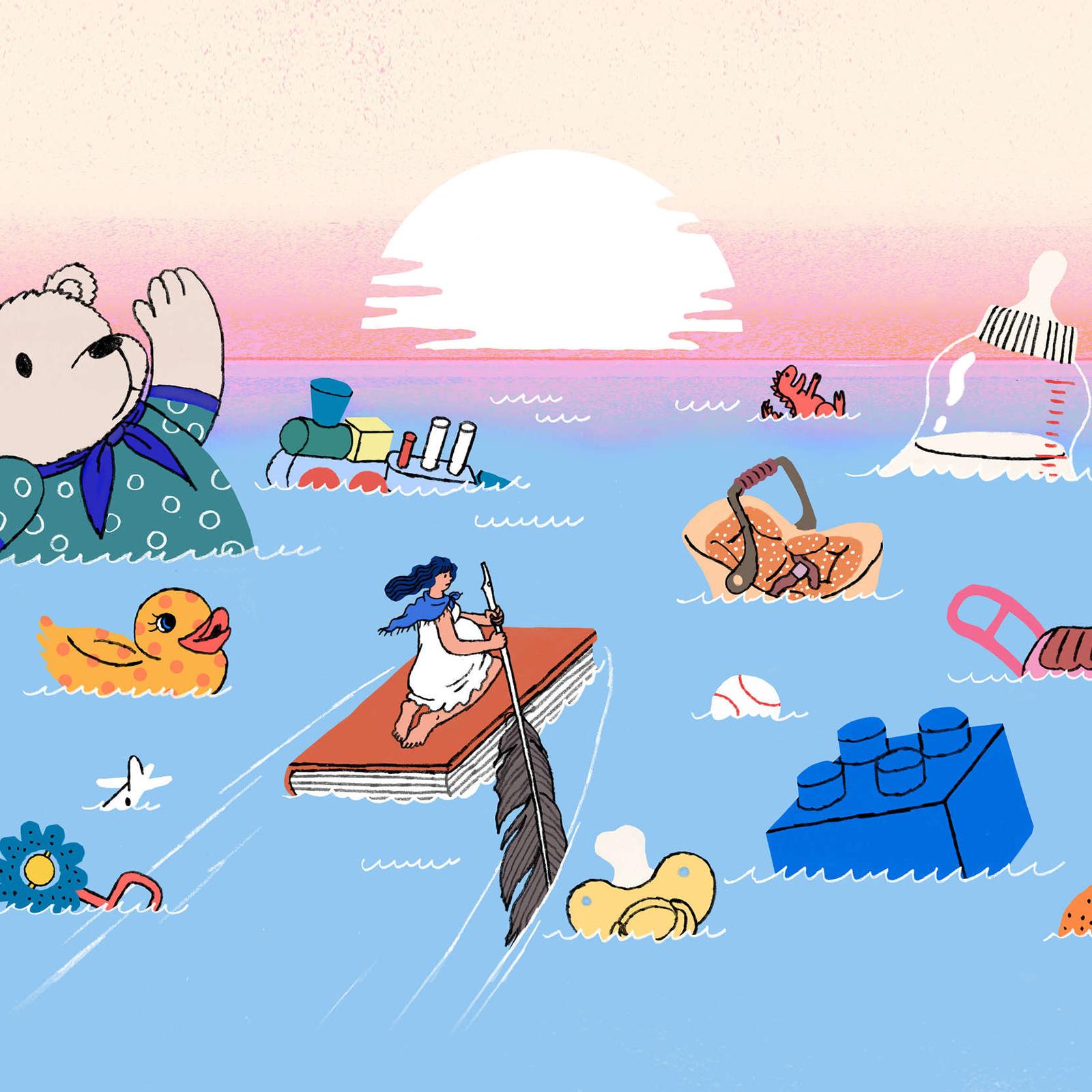
Karen Russell: A Brutally Honest Accounting of Writing, Money, and Motherhood
Money Diaries
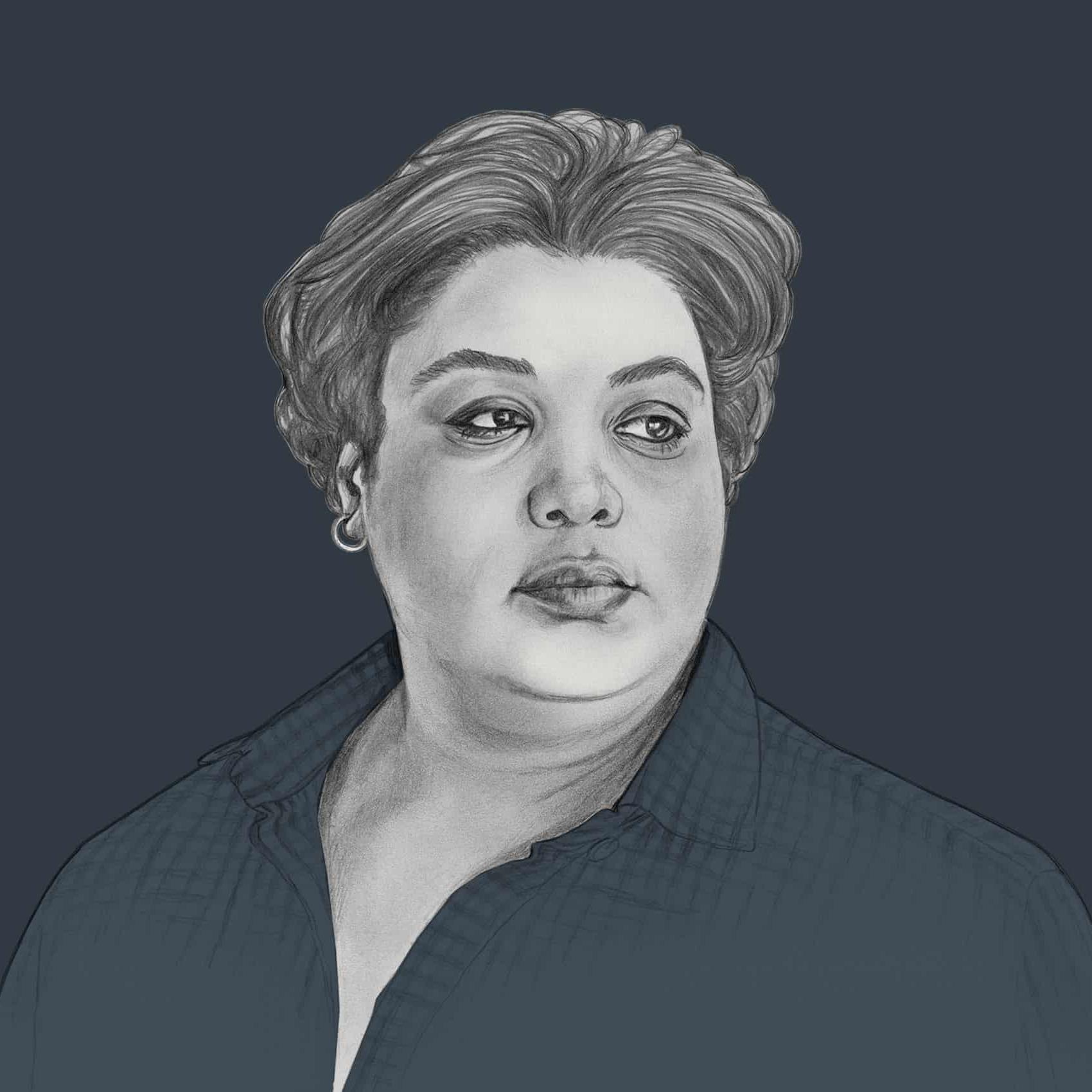
Roxane Gay on Financial Independence: 'The Most Important Thing a Woman Can Do for Herself'
Money Diaries
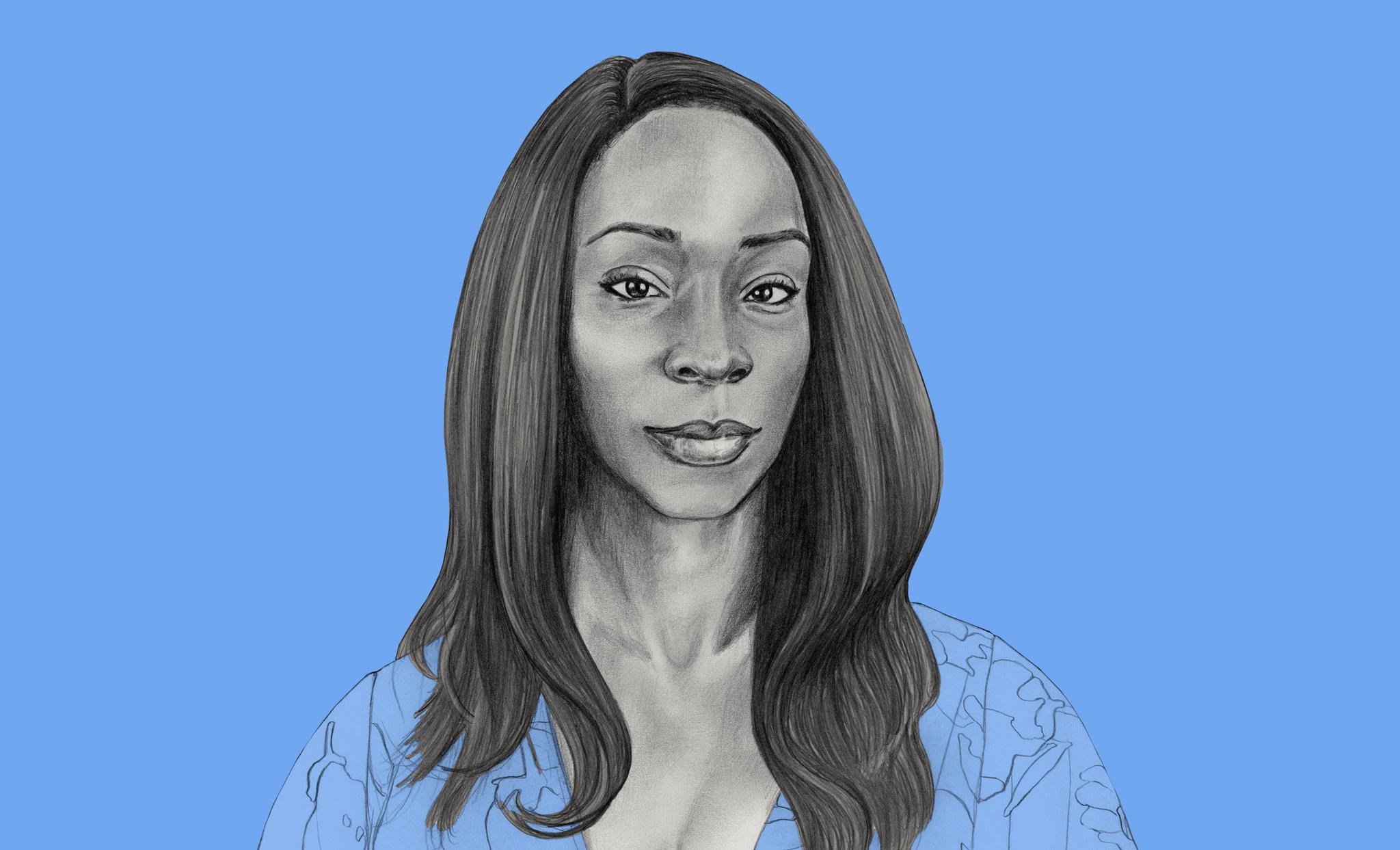
The World Wouldn't Make a Place for Angelica Ross. So She Made One for Herself
Money Diaries

She’s a Toronto Legend, Model, and Style Icon. And She Was Nearly Homeless
Money Diaries
The NPR folks were a wild, motley crew. A lot of us were friends Keith had recruited from the underground theater world, like Larry Massett and Jesse Boggs. Some were hippies; some were idealistic Peace Corps types. Then there was this young kid from Baltimore named Ira Glass, who became Keith’s intern. I never worked for NPR officially. I was just an independent producer, a citizen with a recorder. I was paid 75 to 100 bucks per story. I worked really hard and did tons of stories, and some of them sucked. But at some point, the NPR bosses agreed to pay me $300 apiece for my independently-produced stories, which seemed kind of unbelievable. I thought to myself, “Now this is living!” In the early days, our core listeners were a handful of potters in Vermont. But over the years and decades, the reach steadily grew, until millions were listening, not just on the radio, but also online, all around the world.
For years, my family thought my radio life was a phase. They didn’t understand what I was really doing. That changed when started producing stories for ABC News Nightline with Ted Koppel. I freelanced there for about ten years, and ABC paid me twenty times more than NPR. Now that I made TV, my parents had a better grip on what I was up to. But I missed radio and I missed the mission — this community of makers who were in some way aligned, and who were all trying to tell stories that create light in the world. I went back to public radio, made all kinds of documentary work, curated This I Believe on NPR, and then, in 2009, I helped bring The Moth Radio Hour to the world.
Recently, it’s been Pledge Drive week on NPR. I’m actually fond of the fund drive, which surely puts me in the tiny minority, but I like the fact that we have to sing for our supper. Everyone who works at a radio station has to jump on the air and articulate how much we believe in what we’re doing. It’s an opportunity for us to celebrate the connection we have with our communities. And it’s an amazing affirmation when people call in and give money and say nice things to us — you hear listeners offer specific examples of how the programming has affected them or changed them in the past year.
Here’s the craziest thing about pledge drives: they work! It’s sort of a perfect economy — an honor system. And I think people are starting to realize that quality journalism relies on consumers willing to pay for it. The thought crosses people’s minds, “If we don’t step up, it could go away.” The free press is under serious threat these days, but we’re seeing people who value what journalists do respond by subscribing to every paper they care about and support their public radio stations.
I also cherish this feeling that you’re working for a purpose that is higher than your own personal reward. There is no pot of gold. There’s no way you’re going to get really rich. In almost every other art form you can make it big. With books, music, film, there’s the potential of a big payoff — a bestseller, a greatest hit, a platinum whatever — and this makes people think that that’s what they should want, that that defines success. And it can sometimes make them cautious about enjoying other people’s success. In public radio, no one’s going to get ahead of you, because where are they going to go? You want the whole enterprise to succeed. So if someone else succeeds, it’s like, “Good for you! You brought more attention and credibility to what we’re trying to do here.”
It’s not that I don’t think about money. You get a bunch of artists in a room and all they talk about is money. I’m not immune to it. I have five kids. It’s helped that I have never had to rent an expensive apartment in an expensive city. I live with my family in a small fishing village on Cape Cod called Woods Hole, and while it’s a summer resort town and not exactly cheap, it’s also not as pricey as living in a city like Boston, New York., or Washington, D.C.When we first moved here, we were able to get free housing by living in empty houses off-season. Still, I always feel financial pressure. But I try not to let that pressure guide my decisions. Every day there’s a fork in the road.
Broadly, I work in story, and in recent years corporations have discovered the value of telling their own stories. PR and advertising has basically re-branded itself as storytelling. Storytellers are now in great demand. In my work with The Moth, I work with storytellers of all kinds, so I’m naturally someone these corporations turn to as they look for ways to tell their own stories with a semblance of authenticity. But no matter how alluring the money might be, I try to observe some careful boundaries. Like, if it pays really well, it’s probably a problem!
Look, every artist feels the temptation to move away from the thing that makes them happy because of the pressure of money. And I’ve done work at different points of my career that wasn’t fulfilling, because I had to. I had to. Like I said, I have five kids. But I recognized that as long as I took these higher-paid gigs only rarely and quickly got out, I wouldn’t risk getting sucked in by the money. If you find yourself doing unsatisfying work again and again and again just for the paycheck, then it’s a problem.
I founded a local radio station when I moved to Woods Hole, WCAI — for “Cape and Islands.” (We added another frequency on Nantucket, WNAN, and one in Brewster, WZAI.) I produce the Moth Radio Hour right here in my little studio. The show is now broadcast on 400 to 500 public radio stations in the U.S., and more in Canada, Australia, and the British Isles. The Moth’s amazing team works with storytellers to help them shape and refine their beautiful and absorbing stories. It’s this big thing now, but the radio show is still largely constructed here by just two people — Viki Merrick and myself. We send the finished radio shows to PRX in Boston, they post the audio, and stations all over the world send it out over the airwaves.
I live a different life than my father did. On one hand, I’m happy to set an example for my own children by doing work that I love to do. On the other hand, what will they push against? Our formative years are often years of struggle, of finding our own identities, and if you don’t have something to fight against, that could be a disadvantage. If my kids have a father who says, “You can do anything you want, whatever makes you happy,” will that help or hinder them? I sometimes worry that my kids will be like, “Oh great, Dad. So all I have to do is create something positive and new and find a mission that changes the world and makes me really happy? Great. Thanks a lot.” Who knows? Maybe they’ll become stockbrokers.
As told to Davy Rothbart exclusively for Wealthsimple. Illustration by Jenny Mörtsell. We make smart investing simple and affordable.
Wealthsimple's education team is made up of writers and financial experts dedicated to making the world of finance easy to understand and not-at-all boring to read.

